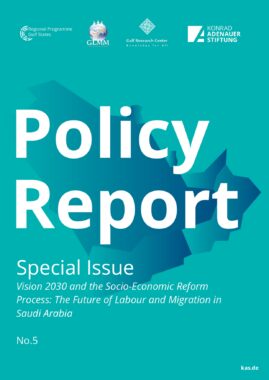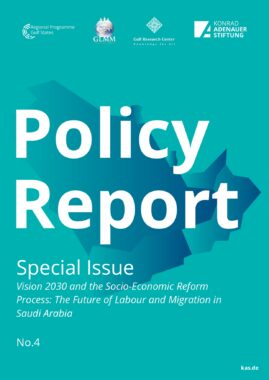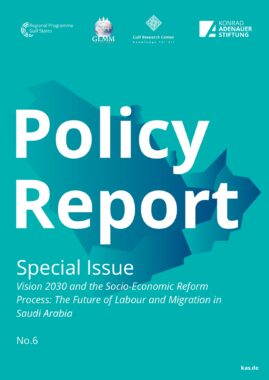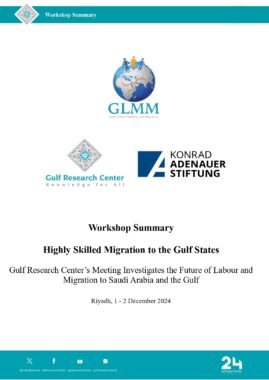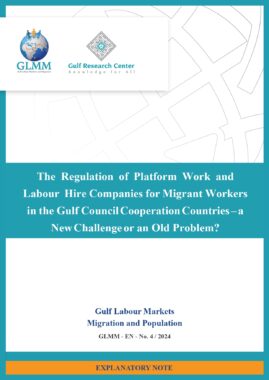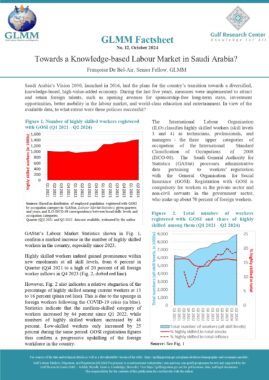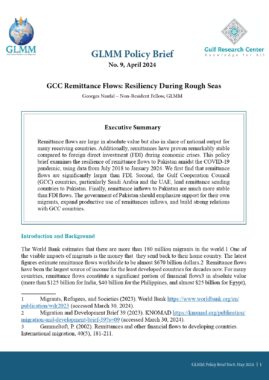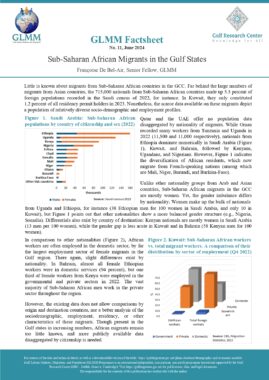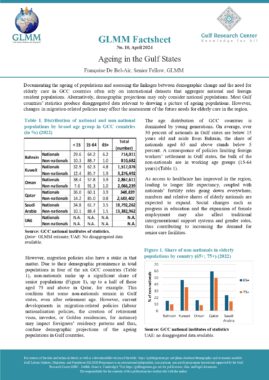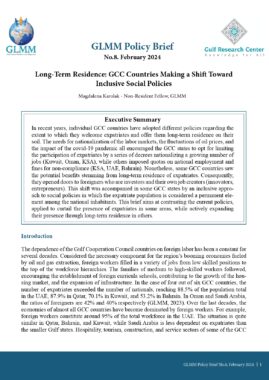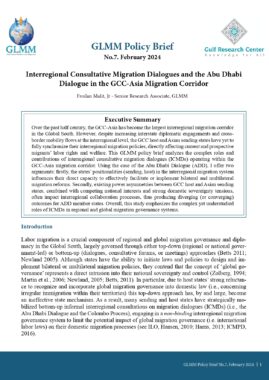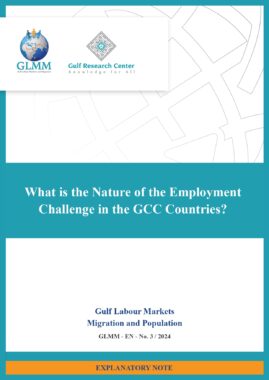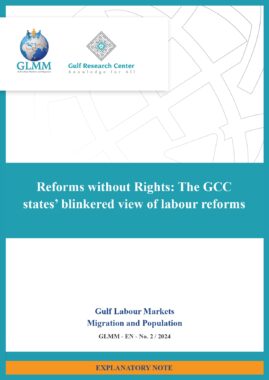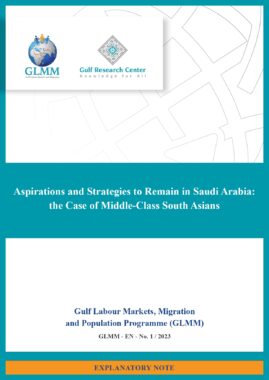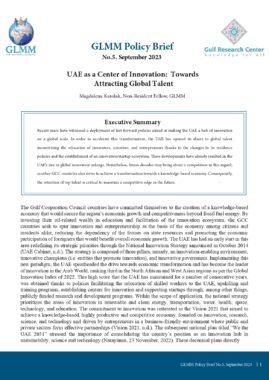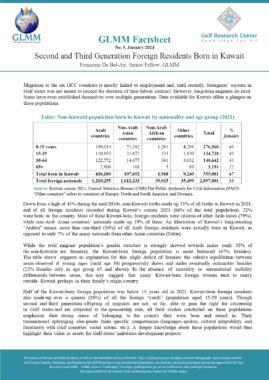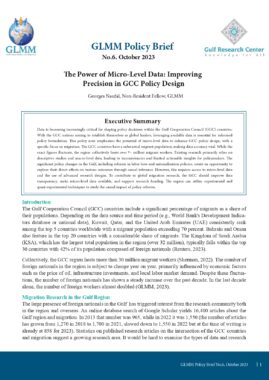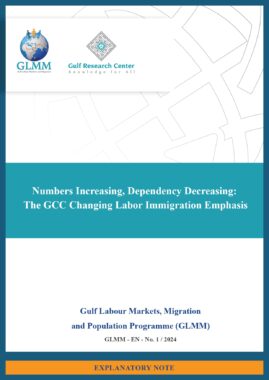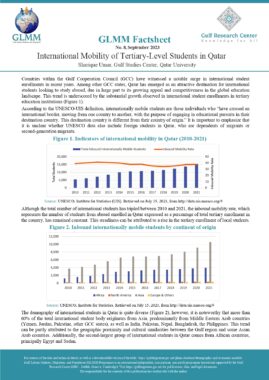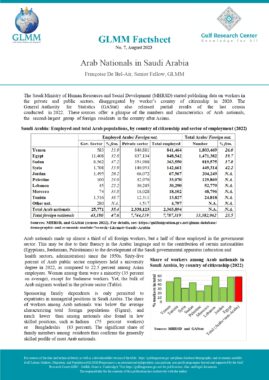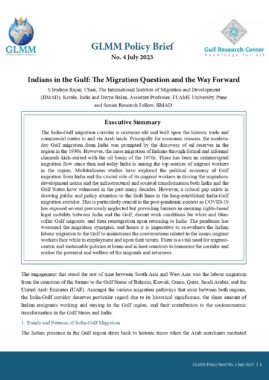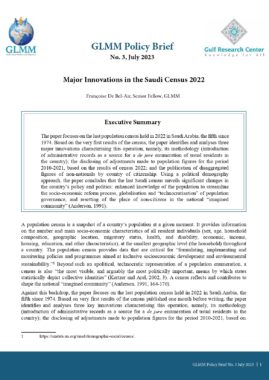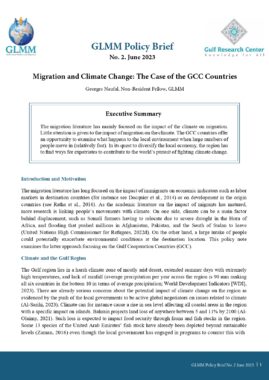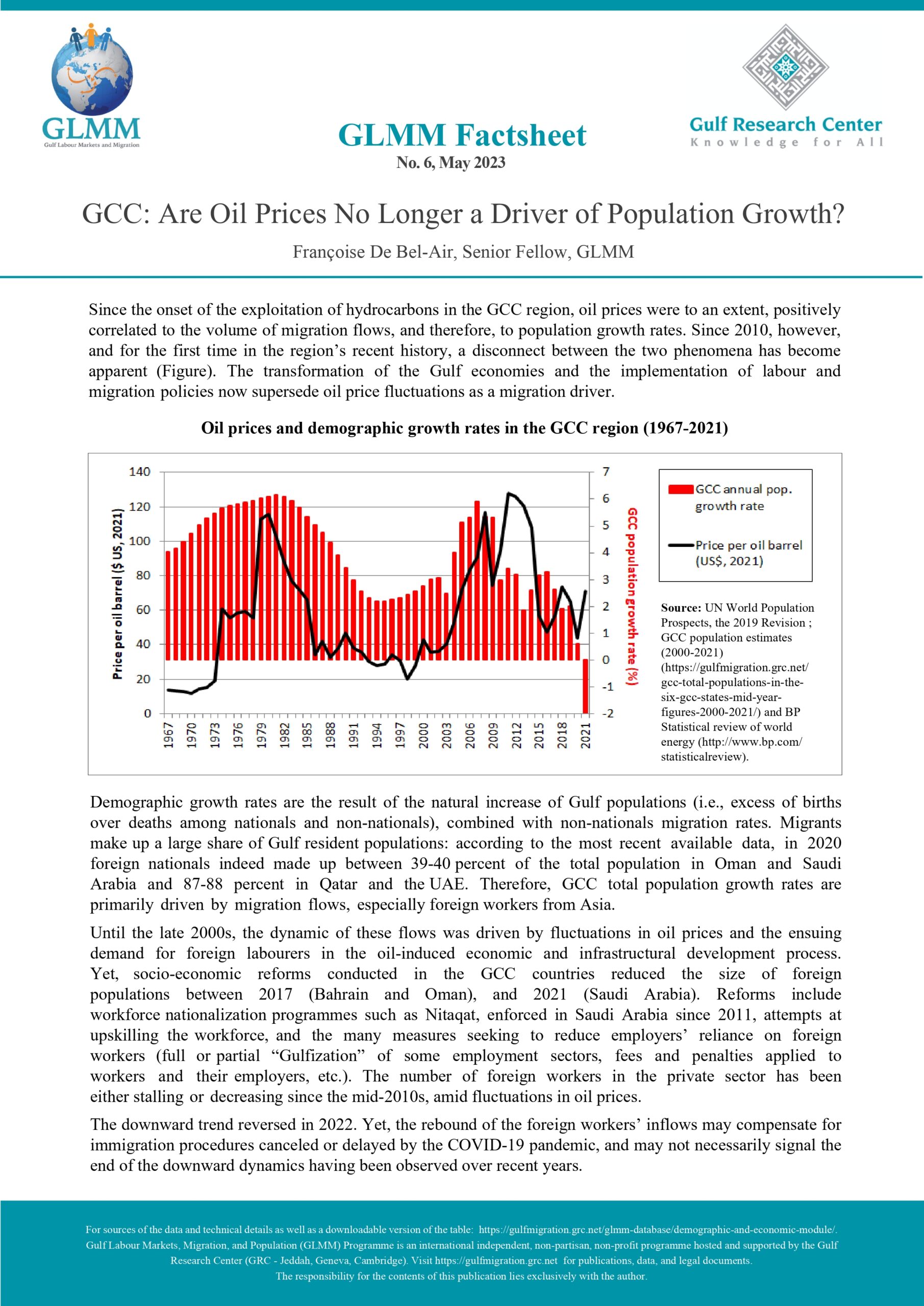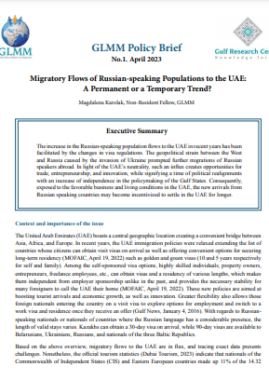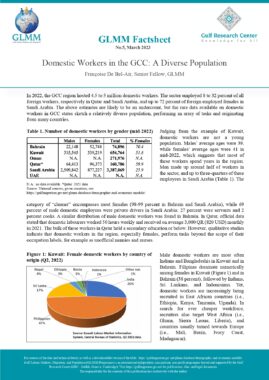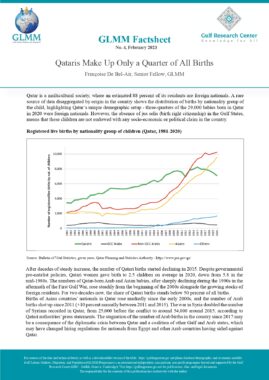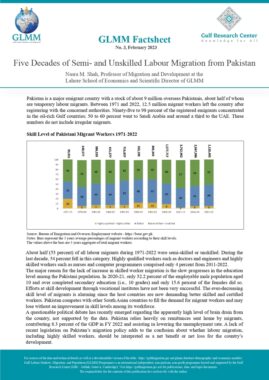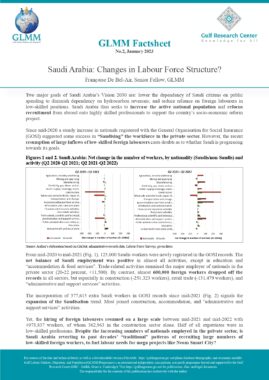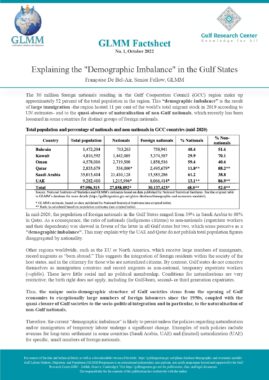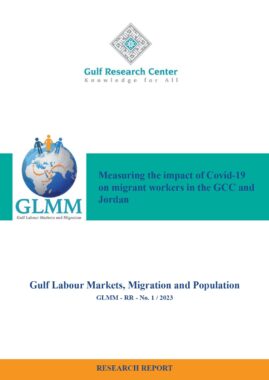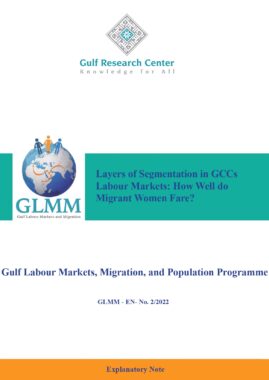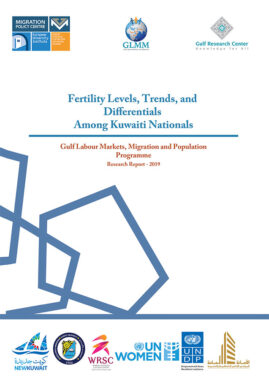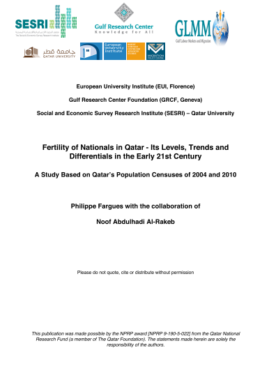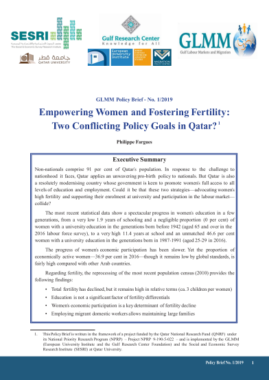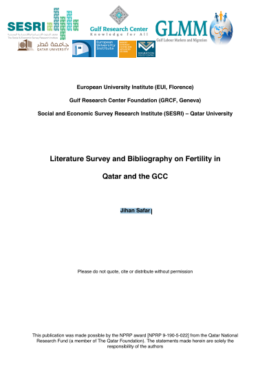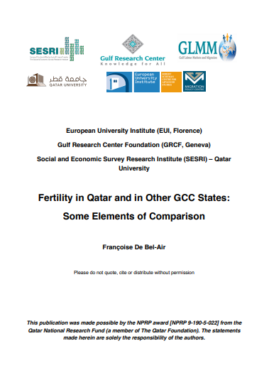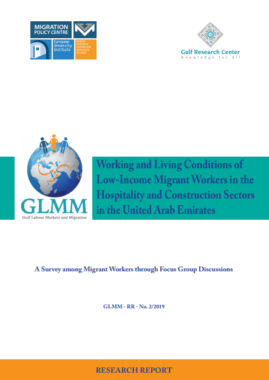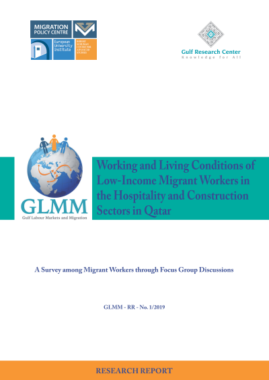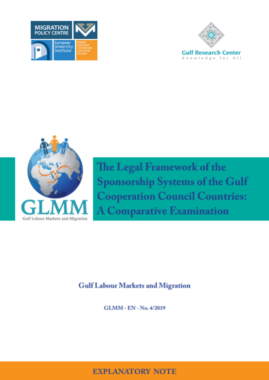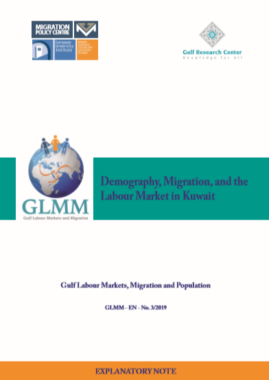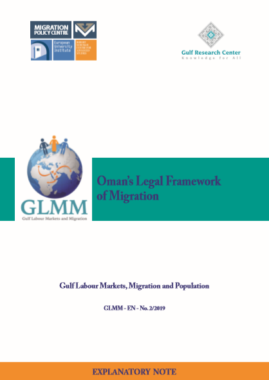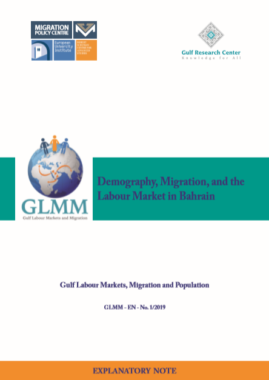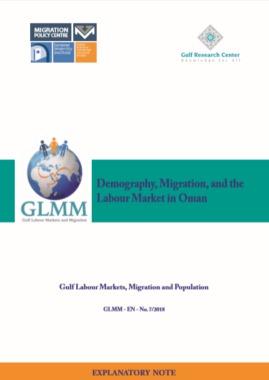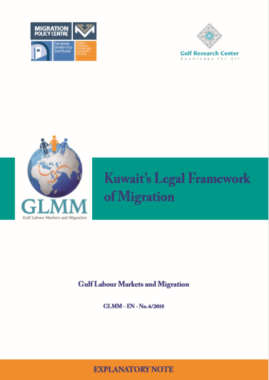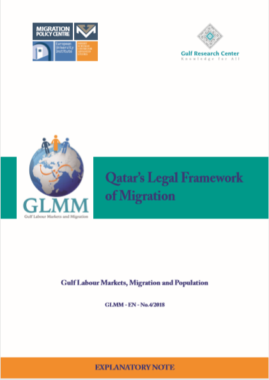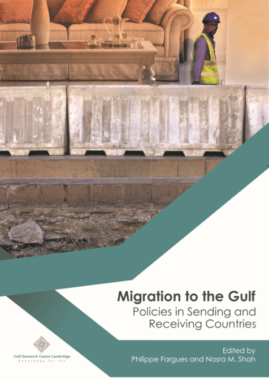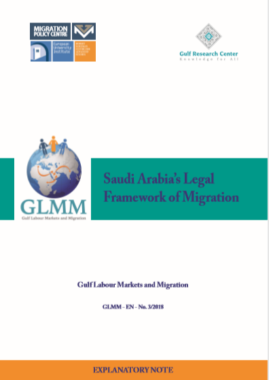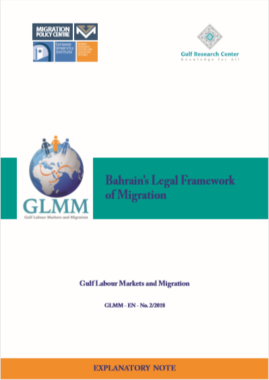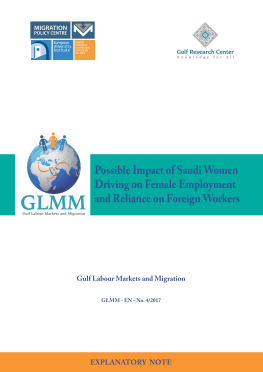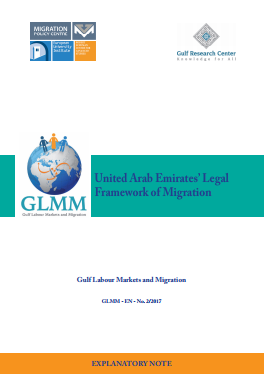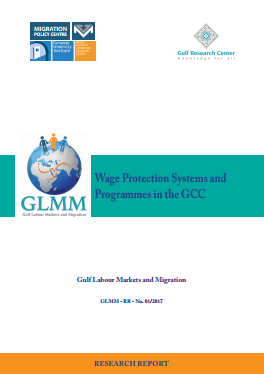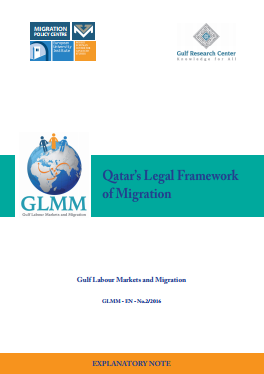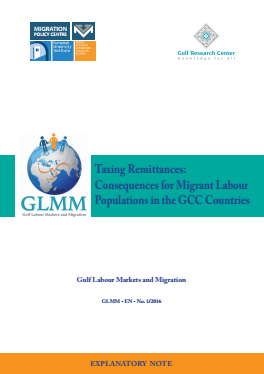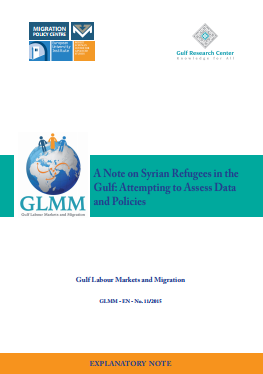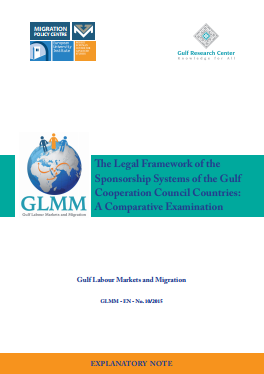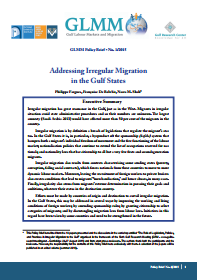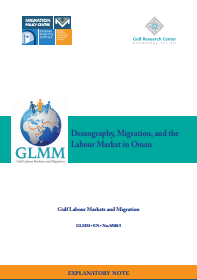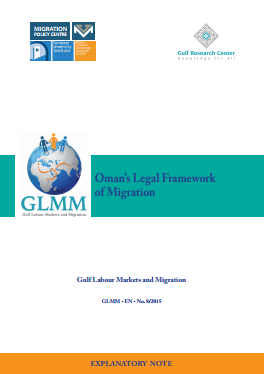Oman: Foreigners’ Residence Law
|
Title
|
Oman: Foreigners’ Residence Law
|
|
Date of adoption
|
1995 |
|
Entry into force
|
In effect |
|
Text versions |
Arabic
Source: – Sultanate of Oman Royal Oman Police, accessed: 12 October 2014, http://www.rop.gov.om/english/roplaws.asp |
|
Abstract
|
|
| Keywords: Oman, Laws & Regulations, Visas & Fees, Residence Conditions, Sponsorship, Irregular Migration
This law regulates residence of foreigners in Oman. Foreigners are defined as those who do not hold Omani citizenship (Art. 2). This law does not apply to certain categories listed in Art. 4, including citizens of the Gulf Cooperation Council (GCC). Entry into and exit from Oman is only permitted for foreigners holding a valid passport or travel document issued by the appropriate authorities in his country. The foreigner must also have a valid entry visa issued by the competent Omani authority, embassy or consulate (Art. 5). An entry visa may not be issued to foreigners belonging to any of the following categories without first referring to the competent authorities (Art. 9):
An entry visa may only be stamped on the passport or travel document if they are valid for more than ninety days and in any case the visa shall expire 30 days before the expiry of either one of them (Art. 10). In accordance with Art. 11, a foreigner may not be issued a work entry visa if he has previously worked in the Sultanate until two years have lapsed since his last departure. The Inspector General may waive this period if it is in the public interest. Every foreigner entering the Sultanate must present himself to the competent authority within seven days of his entry for visitors and within thirty days for residents in order to register his residence (Art. 12). Chapter V of this law deals with the residence of foreigners. In accordance with Art. 14, the Inspector General shall specify the types of residence for foreigners and the duration, conditions and renewal procedures for each type. Granting a visa to a married foreigner entails granting it to his/ her spouse and children under the age of twenty-one as well. The residence duration shall not exceed two years and may be renewed by submitting a request for renewal fifteen days before its expiry. The request for residence or its renewal may be denied without giving any reasons as to why. Every foreigner who remains in the country for more than three months shall obtain a residence permit, which shall only be issued to persons already residing in the country (Art. 15). The residence permit confers the right of entering the Sultanate for its holder for the duration of its validity as long as it is stamped on the passport (Art. 16). The residence permit for a foreigner who has entered the Sultanate shall be issued through his sponsor. The sponsor shall submit to the competent authority a sponsored exit request two weeks prior to the expiry of the residence, in case of its non-renewal or cancellation (Art. 17). A foreigner shall lose his right to residence if he resided outside the Sultanate without a valid reason for six continuous months or eight non-continuous months in a year or for eighteen months within a three-year period. This shall not apply to his dependents so long as his residence is valid (Art. 18). The residence of an Omani man’s foreigner wife shall end with the dissolution of the marriage upon which she is required to leave the country unless she can give valid reasons for her stay acceptable to the competent authority. In that case, she must obtain a new sponsor for her residence. If both spouses are foreigners then the residence of the spouse whose residence is dependent on the other spouse, shall end with the dissolution of their marriage (Art. 19). The transfer of foreigner’s residence shall take place in accordance with the procedures and conditions specified by the Inspector General. The transfer of the foreigner’s sponsorship to another sponsor shall entail the transfer of his residing dependents directly to that sponsor (Art. 20). Chapter VI sets the terms for transit visas while Chapter VII deals with political asylum. In accordance with Art. 29, a foreigner who has entered the country illegally shall be deported at his own expense or the expense of those who facilitated his entry or employed him. Without prejudice to the terms of article 11 of this law, this foreigner may re-enter the country if he meets the conditions of article 5 (Art. 29). A foreigner shall be deported if he is sentenced to deportation for committing a crime or felony after serving any other penalty he has been sentenced to (Art. 30). Art. 31 lists the cases in which the Inspector General may order the cancellation of a foreigner’s residence. The cancellation shall extend to his spouse and any children he is supporting. A foreigner who has been issued a deportation order may remain in the country for one month, renewable once, to settle his affairs after offering a personal guarantee (Art. 33). A foreigner who has been deported may not be issued another entry visa until two years have lapsed and with a special permission from the Inspector General (Art. 34). Any foreigner who has been deported from the country shall be included on the list of unwanted persons (Art. 35). In accordance with Art. 40, the Inspector General shall issue a decision which specifies the fees for entry visas. Residence permits and transit visas. The highest fee that may be imposed shall be 50 Riyals. Chapter X of this law lists all the penalties for violating the articles of this law. |
|
Similar Posts:
- Oman: Foreigners’ Residence Law
- Oman: Foreigners’ Residence Law
- Oman: Foreigners’ Residence Law
- Oman: Decision No. 63 of 1996 Issuing the Implementing Regulations of the Foreign Residency Law No. 16 of 1995 (copy)
- Oman: Decision No. 63 of 1996 Issuing the Implementing Regulations of the Foreign Residency Law No. 16 of 1995
Tags: Irregular Migration, Laws & Regulations, Oman, Residence Conditions, Sponsorship, Visas & Fees
